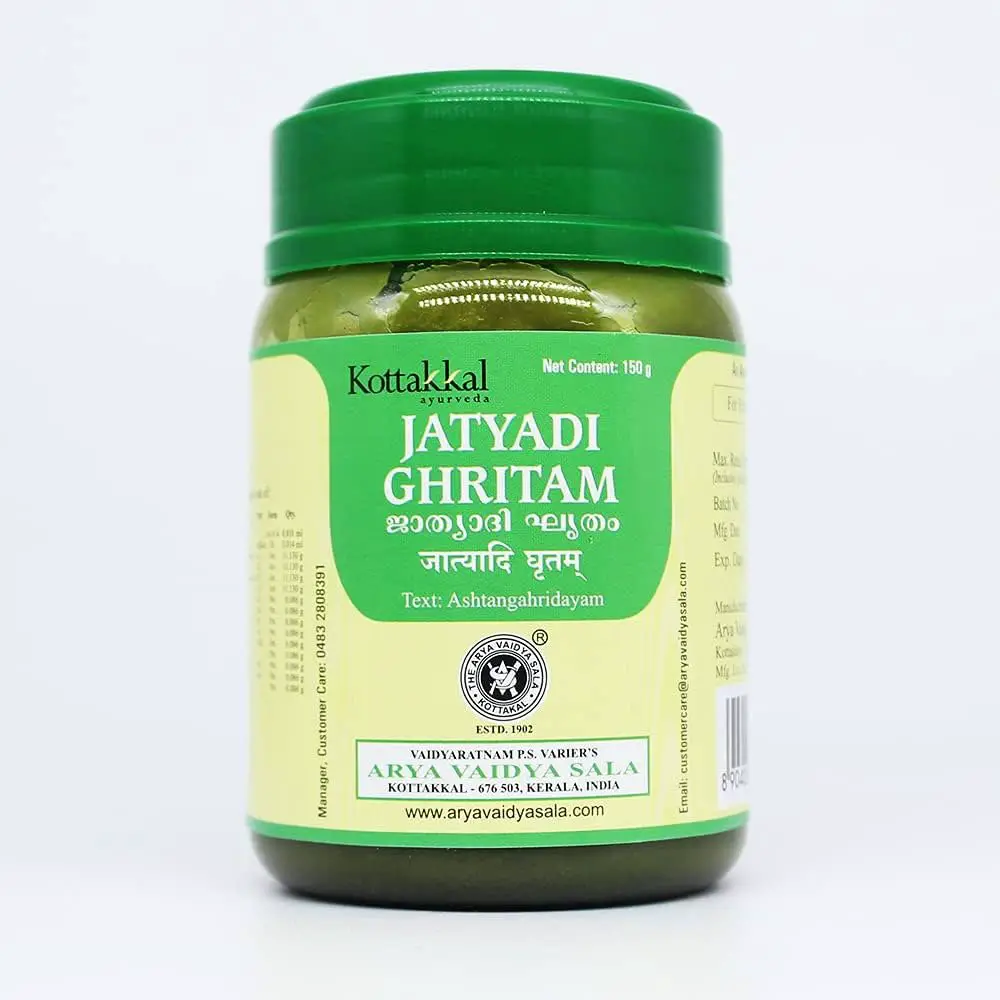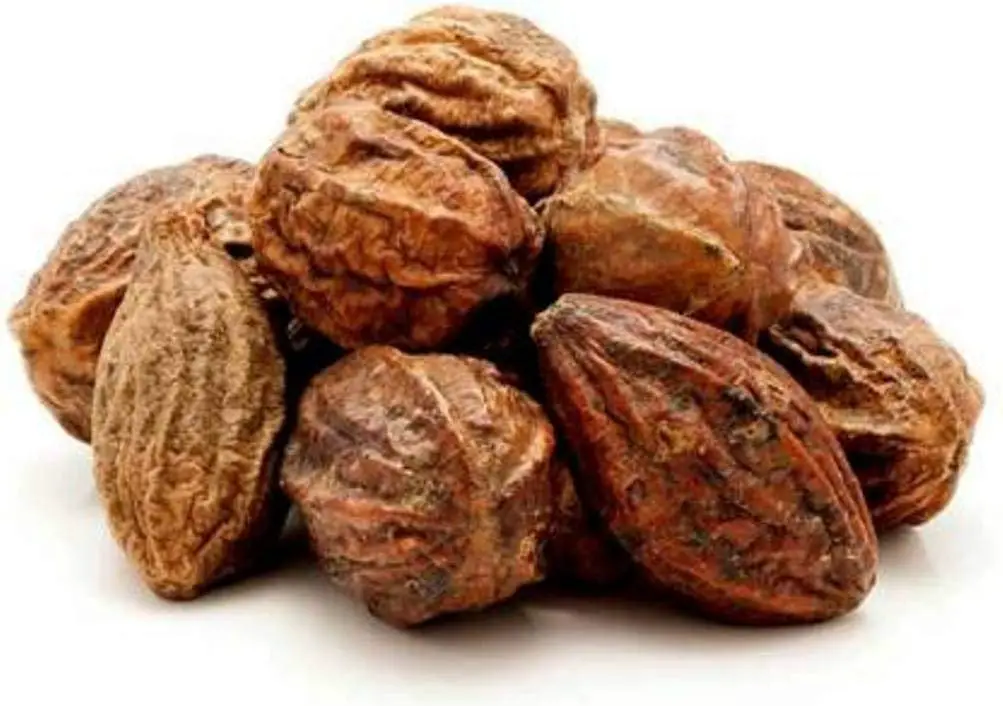You didn’t gain all your weight in one day ;
-Jenna Wolfe
you won’t lose it one day .
Be patient with yourself.
Introduction to Ayurvedic Medicine for Weight Loss

Ayurvedic medicine offers a distinct and holistic methodology for achieving weight loss. Originating from ancient Indian practices, Ayurveda emphasizes the importance of balancing the body’s intrinsic energies, known as doshas, to maintain overall health. This traditional system views weight management not just as a physical challenge but as an intricate interplay of mind, body, and spirit.
Unlike conventional weight loss strategies, which often rely on generalized approaches, Ayurvedic treatments are highly personalized. They consider an individual’s unique constitution, lifestyle, and dietary habits to create a tailored plan that promotes effective and sustainable weight loss. Central to this philosophy is the belief that imbalance in the body’s doshas—Vata, Pitta, and Kapha—can lead to various health issues, including weight gain.
Ayurveda identifies the Kapha dosha as a significant factor in weight-related problems due to its association with structure, lubrication, and stability in the body. When Kapha becomes imbalanced, it can result in sluggish metabolism, fluid retention, and the accumulation of toxins, all of which contribute to weight gain.
To address these imbalances, Ayurvedic medicine employs a variety of herbal supplements, dietary modifications, and lifestyle changes. These interventions aim to stimulate digestion, enhance metabolic rate, and facilitate the detoxification process. By focusing on the root causes of weight gain rather than merely the symptoms, Ayurveda seeks to restore harmony within the body, thus promoting natural and effective weight loss.
In the following sections, we will delve into specific Ayurvedic treatments that can aid in your weight loss journey, including detailed information about their benefits, recommended dosages, and potential side effects.
Understanding Weight Loss through Ayurveda
Ayurveda offers a unique viewpoint on weight loss by emphasizing the body’s natural balance and its impact on metabolism and fat storage. Central to this approach is the concept of the three doshas—Vata, Pitta, and Kapha. These doshas are believed to influence various physiological functions, including weight regulation. An excess of the Kapha dosha, which is associated with structure and stability, is commonly linked to weight gain. Ayurvedic treatments aim to restore balance to these doshas through a combination of herbal supplements, dietary changes, and lifestyle adjustments.
Scientific evidence supports some Ayurvedic practices for weight loss. For instance, studies indicate that Triphala, a traditional Ayurvedic formulation, can significantly reduce body fat percentage, body weight, and energy intake in diet-induced obese mice over a 10-week period. These findings suggest that Triphala may have potential benefits in managing obesity.
In Ayurveda, the focus is on addressing the root causes of weight gain, such as poor digestion, low metabolic rate, and toxin accumulation. Herbal formulations like Medohara Guggulu and Arogyavardhani Vati are designed to enhance digestion and fat metabolism, thereby supporting weight loss. Dietary recommendations often include foods that are easy to digest and help in detoxification, such as warm soups, whole grains, and fresh vegetables. Lifestyle modifications, including regular physical activity and stress management techniques like yoga and meditation, are also integral to the Ayurvedic approach. By promoting overall well-being, Ayurveda seeks to achieve sustainable and effective weight management.
Medohara Guggulu: The Fat Fighter
Medohara Guggulu is a renowned Ayurvedic formulation crafted to address excess fat and promote weight management. It primarily works by enhancing lipid metabolism and aiding in the reduction of fat accumulation in the body. The key ingredients in Medohara Guggulu include Guggulu (Commiphora mukul), Triphala, and other potent herbs known for their fat-reducing properties.
For effective results, the usual dosage ranges from 500 mg to 1 g, taken twice daily after meals. However, it’s essential to consult with an Ayurvedic practitioner to tailor the dosage to your specific needs. This ensures not only efficacy but also safety.
The benefits of Medohara Guggulu extend beyond fat reduction. It supports overall digestive health, improves metabolism, and helps in the detoxification process. By improving digestion and reducing lipid levels, it contributes to a more balanced and healthy body composition.
While Medohara Guggulu is generally well-tolerated, some individuals may experience mild digestive disturbances, such as stomach discomfort or loose stools. It is advisable to start with a lower dose and gradually increase it as tolerated. Those with pre-existing health conditions, especially gastrointestinal disorders, should use this formulation with caution and under medical supervision.
Incorporating Medohara Guggulu into a comprehensive Ayurvedic regimen that includes dietary adjustments and lifestyle changes can significantly enhance its weight loss benefits.
Amritadi Guggulu: For Holistic Weight Reduction
Amritadi Guggulu is a well-regarded Ayurvedic formulation designed to aid in holistic weight reduction. This herbal blend is effective in managing obesity by promoting the breakdown of excess body fat and supporting the body’s natural detoxification processes. The active ingredients in Amritadi Guggulu, including Guggulu (Commiphora mukul), Triphala, and other detoxifying herbs, work synergistically to enhance fat metabolism and remove accumulated toxins.
The typical dosage for Amritadi Guggulu is 1-2 tablets taken twice daily after meals. However, consulting a qualified Ayurvedic practitioner for personalized dosage recommendations is crucial, as individual needs can vary. This ensures that the formulation is both effective and safe for the user.
Amritadi Guggulu offers multiple benefits beyond weight reduction. It helps in regulating cholesterol levels, improving digestion, and maintaining overall metabolic health. By addressing the root causes of weight gain, such as poor digestion and toxin accumulation, this formulation supports a balanced and healthy body composition.
While generally considered safe, Amritadi Guggulu may cause mild gastrointestinal discomfort in some individuals, especially when taken in higher doses. It is advisable to start with a lower dose and gradually increase it under professional guidance. People with pre-existing health conditions or those on medication should use this supplement with caution and consult a healthcare provider to avoid potential interactions.
Incorporating Amritadi Guggulu into a comprehensive Ayurvedic regimen, which includes dietary adjustments and lifestyle changes, can significantly enhance its weight loss benefits.
Arogyavardhani Vati: The Digestive Booster
Arogyavardhani Vati is a pivotal Ayurvedic formulation known for its role in enhancing digestive health and metabolic efficiency. Comprised of potent herbs such as Katuki (Picrorhiza kurroa), Chitrak (Plumbago zeylanica), and Triphala, it works synergistically to support liver function and detoxification processes. By improving the digestive fire, or Agni, Arogyavardhani Vati ensures that nutrients are efficiently absorbed and waste products are effectively eliminated.
The standard dosage for Arogyavardhani Vati is generally 250-500 mg, taken once or twice daily after meals. However, individual needs can vary, so consulting with an Ayurvedic practitioner is advisable for personalized dosage recommendations. The formulation’s benefits extend beyond just weight management; it also aids in managing conditions like fatty liver and hyperlipidemia.
While Arogyavardhani Vati is generally well-tolerated, it is essential to use it under professional guidance. Some individuals may experience mild gastrointestinal discomfort, especially if taken in higher doses or without adequate supervision. Those with pre-existing liver conditions should exercise caution, as improper use could potentially exacerbate their symptoms.
Integrating Arogyavardhani Vati into a holistic Ayurvedic regimen that includes dietary modifications and lifestyle changes can significantly enhance its benefits. This approach helps in maintaining a balanced digestive system, which is crucial for effective weight management and overall well-being. Always consult with a healthcare provider before starting any new supplement to ensure it is appropriate for your health needs.
Trikatu: Enhancing Metabolism
Trikatu, an Ayurvedic formulation composed of black pepper, long pepper, and ginger, is highly regarded for its ability to enhance metabolic function. This potent blend works by stimulating the digestive fire, known as Agni, which is essential for efficient digestion and nutrient absorption. When Agni is strong, the body can better process food and convert it into energy rather than storing it as fat.
The bioactive compounds in Trikatu, such as piperine and gingerol, have been shown to increase thermogenesis and improve the bioavailability of other nutrients and medications. This means that not only does Trikatu help in burning more calories, but it also enhances the effectiveness of other herbal treatments and dietary nutrients you consume. This dual action makes Trikatu a valuable addition to any weight management regimen.
The recommended dosage of Trikatu varies, but a common practice is to mix a small amount of the powder with honey or warm water and consume it before meals. This pre-meal ritual helps to prime the digestive system for optimal function. However, it’s crucial to consult an Ayurvedic practitioner for personalized dosage and administration guidance.
While Trikatu is generally safe for most people, it can cause mild gastrointestinal discomfort, such as heartburn or irritation, especially in those with sensitive stomachs. It’s advisable to start with a lower dose and observe how your body responds before increasing the amount. As always, professional guidance ensures that you gain the maximum benefits safely.
Triphala Guggulu and Navak Guggulu
Both Triphala Guggulu and Navak Guggulu are highly regarded in Ayurvedic medicine for their weight management benefits. Triphala Guggulu combines the detoxifying power of Triphala with the lipid-lowering effects of Guggulu, making it effective in promoting digestion and reducing fat accumulation. Navak Guggulu, on the other hand, is formulated specifically to target stubborn fat deposits and support metabolic health.
The recommended dosage for both formulations typically ranges from 1-2 tablets, taken twice daily after meals. However, it’s crucial to consult with an Ayurvedic practitioner to determine the appropriate dosage tailored to individual needs and conditions.
Triphala Guggulu and Navak Guggulu not only aid in weight loss but also contribute to overall digestive health and detoxification. They help in regulating lipid levels, improving digestion, and enhancing metabolic functions. While generally well-tolerated, some individuals may experience mild gastrointestinal discomfort, such as stomach upset or loose stools. Starting with a lower dose and gradually increasing it can help mitigate these effects.
For optimal results, integrating these supplements into a comprehensive Ayurvedic regimen that includes dietary and lifestyle adjustments is recommended. Always consult with a healthcare provider to ensure safety and effectiveness.
Vidangadi Churna and Takrarishta: Supporting Digestion and Detoxification
Vidangadi Churna is a traditional Ayurvedic powder that excels in detoxifying the body and promoting digestive health. Formulated with potent herbs like Vidanga (Embelia ribes), it is known for its ability to cleanse the digestive tract and support efficient metabolism. By aiding in the removal of toxins, Vidangadi Churna helps to create a healthier internal environment that facilitates weight loss.
Takrarishta is a fermented buttermilk preparation that supports digestive health by balancing gut flora and enhancing nutrient absorption. This unique formulation combines the benefits of probiotics with Ayurvedic herbs to promote overall gastrointestinal wellness. By improving digestion and ensuring that the gut remains healthy, Takrarishta indirectly aids in weight management.
The typical dosage for Vidangadi Churna is about 1-2 teaspoons, taken with warm water before meals. For Takrarishta, the common recommendation is to consume 15-30 ml mixed with an equal amount of water after meals. As always, consulting an Ayurvedic practitioner is crucial to tailor the dosage to individual needs and to avoid any potential side effects.
While both formulations are generally well-tolerated, some individuals might experience mild gastrointestinal disturbances such as stomach upset. Starting with a lower dose and gradually increasing it can help mitigate these effects. It is also essential to maintain a balanced diet and lifestyle to maximize the benefits of these Ayurvedic treatments.
Conclusion: The Holistic Path to Weight Loss with Ayurveda
Ayurveda provides a well-rounded and individualized strategy for weight loss by addressing the root causes of weight gain. Herbal supplements like Medohara Guggulu, Amritadi Guggulu, Arogyavardhani Vati, Trikatu, Triphala Guggulu, and Navak Guggulu, along with Vidangadi Churna and Takrarishta, are designed to balance the body’s doshas and enhance metabolic function. When combined with dietary adjustments and lifestyle changes, these treatments can lead to effective and lasting weight management. Adopting Ayurvedic principles fosters a holistic approach to health, encouraging a deeper connection with your body and a more sustainable path to achieving your weight loss goals.
Can individuals with lactose intolerance safely consume Takrarishta, given its origin from fermented buttermilk?
Takrarishta, an Ayurvedic formulation made from fermented buttermilk, may not be suitable for individuals with lactose intolerance. Here’s why:
- Fermentation Reduces But Doesn’t Eliminate Lactose
The fermentation process in buttermilk reduces lactose content, as bacteria break it down into lactic acid. However, some lactose remains, which may still trigger symptoms in sensitive individuals.
- Presence of Probiotics
The probiotics in fermented buttermilk can sometimes help with digestion, but this depends on individual tolerance. Some people with mild lactose intolerance might be able to handle it in small amounts, while others may experience bloating, diarrhea, or discomfort.
- Alternative Preparations in Ayurveda
If lactose intolerance is severe, Ayurveda often suggests alternatives like Takra made from diluted yogurt (if tolerated) or other digestive formulations like Hingwashtak Churna or Panchakola Churna for gut health.
How to Test Tolerance?
If you wish to try Takrarishta, start with a very small dose (5–10 ml) and observe for symptoms like bloating or diarrhea. If symptoms occur, it’s best to avoid it and opt for non-dairy Ayurvedic digestive tonics.
What key components in Medohara Guggulu support its fat-burning effects?
Medohara Guggulu is a classical Ayurvedic formulation used for weight management and fat metabolism. Its fat-burning effects come from a combination of herbs that target Kapha and Meda Dhatu (fat tissues) while boosting metabolism and digestion. Here are the key components and their roles:
- Guggulu (Commiphora mukul)
Main active component: Contains guggulsterones, which are known to enhance lipid metabolism and reduce bad cholesterol.
Action: Scrapes excess fat, improves thyroid function, and stimulates metabolism.
- Triphala (Haritaki, Bibhitaki, Amalaki)
Haritaki (Terminalia chebula): A natural laxative and detoxifier that improves digestion and metabolism.
Bibhitaki (Terminalia bellirica): Specifically burns excess fat and balances Kapha.
Amalaki (Emblica officinalis): Rich in vitamin C and antioxidants, supports digestion, metabolism, and fat breakdown.
- Trikatu (Black Pepper, Long Pepper, Ginger)
Boosts thermogenesis (fat-burning process).
Enhances digestion and reduces toxin accumulation, preventing fat storage.
Piperine (in black pepper and long pepper) improves nutrient absorption and metabolism.
- Chitrak (Plumbago zeylanica)
Stimulates Agni (digestive fire) and prevents sluggish metabolism.
Helps break down stubborn fat deposits.
- Vidanga (Embelia ribes)
Known for its anti-obesity properties.
Works as a mild diuretic and improves digestion.
How Medohara Guggulu Supports Fat Loss
Scrapes excess fat (Lekhana Karma)
Boosts metabolism & thermogenesis
Reduces water retention (diuretic effect)
Improves digestion & prevents Ama (toxins) accumulation



Pingback: Saptamruta Loha ( Benefits, Uses, dosage, Side effects )
Pingback: The Power of Apples: Health Benefits, FAQs, and Delicious Ways to Add Them to Your Diet
Pingback: Terminalia Chebula (Haritaki): The Ultimate Ayurvedic Superfruit
Pingback: Banana: The Ultimate Superfood – Benefits & Amazing Health Facts